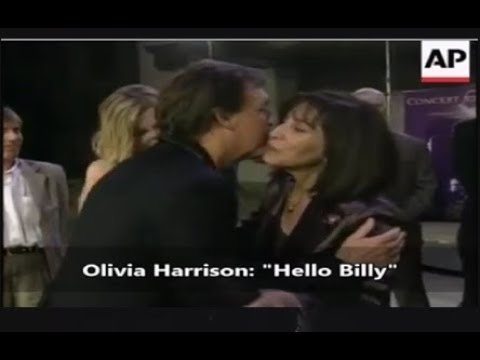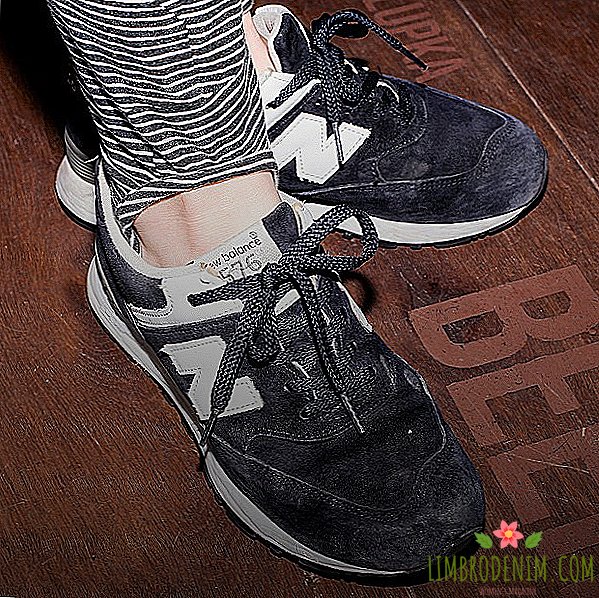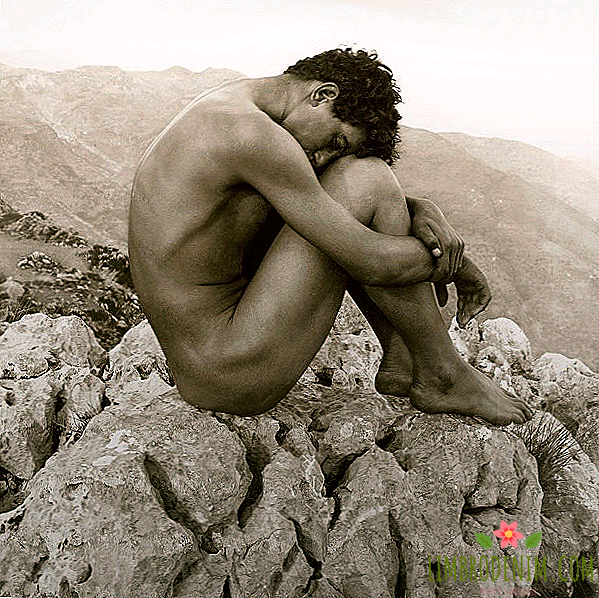Link of the Day: Salma Hayek on Weinstein's Harassment
Salma Hayek finally broke her silence and spoke for the first time about Harvey Weinstein's harassment. In the newspaper The New York Times, the actress published an article entitled "Harvey Weinstein Is My Monster Too" ("Harvey Weinstein Monster for me too"), where she wrote about how the film producer harassed her on the set of "Fried".
According to Hayek, the story of the Mexican artist inspired her to become an actress, so she took the film very seriously, and the role of Frida became a real “mission” for her. At that time, the company Weinstein Miramax was "synonymous with quality, sophistication and courage" - so the actress asked them to take a picture of it. Prior to this, the actress did not know the producer personally, but, according to his friends, he was "unusually smart" and was also considered "a loyal friend and family man." He immediately put forward Hayek a number of harsh conditions - because then she was not a very famous actress, Hayek was forced to agree.

Then I did not know how often I would have to say no to him. "No" to open the door for him at any time of the night - in whatever hotel we are. "No" to take a shower with him. "No" to him watching how I take a shower. "No" to give me a massage. "No" to his naked friend massage me. "No" oral sex with him. "No" to undress with another woman. “No”, “no”, “no” ... With each of my refusals he became enraged
Harvey Weinstein Is My Monster Too, the new york times
When it became clear that Hayek was not going to make concessions, Weinstein began to threaten her with the fact that he would find another actress for the role of Frida. Then she was forced to go to court with a complaint about "failure to fulfill obligations." The producer agreed to continue working, but subject to the next set of conditions - including Hayek, she had to rewrite the script, find ten million dollars for production, and also convince famous actors to play second-order roles. Then the real angels came to the aid of the actress: Edward Norton (who agreed to rewrite the script and play one of the roles), director Julie Taymor, as well as Antonio Banderas, Ashley Judd and Jeffrey Rush.
Weinstein’s complaints did not end there: in particular, the producer stated that Frida’s accrete eyebrows look unattractive and it would not interest anyone to look at Hayek in this role, since “her main advantage was precisely sexuality”. "He agreed to continue working on the film only on one condition - if I agree to star in the bedding scene with another woman, being completely naked," Hayek writes. would be one of his fantasies. It was useless to fight. I had to agree - by that time, so many years of my life had gone to this film. Besides, I persuaded so many talented people to take part in the shooting - how could I let their efforts be wasted? " On the set, the actress suffered a nervous breakdown: she cried without stopping, she was shaking and constantly nauseous. To complete the work on the film, she had to start taking a sedative.
When the shooting ended, Weinstein did not want to release the picture in the rental due to the fact that he considered it unsuccessful. As a result, the film won two Oscars, as well as a nomination in the category "Best Actress." According to Hayek, a few years later, he and Weinstein met again at one of the events — the producer took her aside, saying that he had become a different person, and praised her for working on Frida. “I believed him. He couldn’t even imagine how much his words meant to me,” the actress said. “At our subsequent meetings, I smiled and tried to remember only good things about him. I told myself that I went to war and won it. But why do we women have to go to war to make a statement? After all, we can offer so much. "




